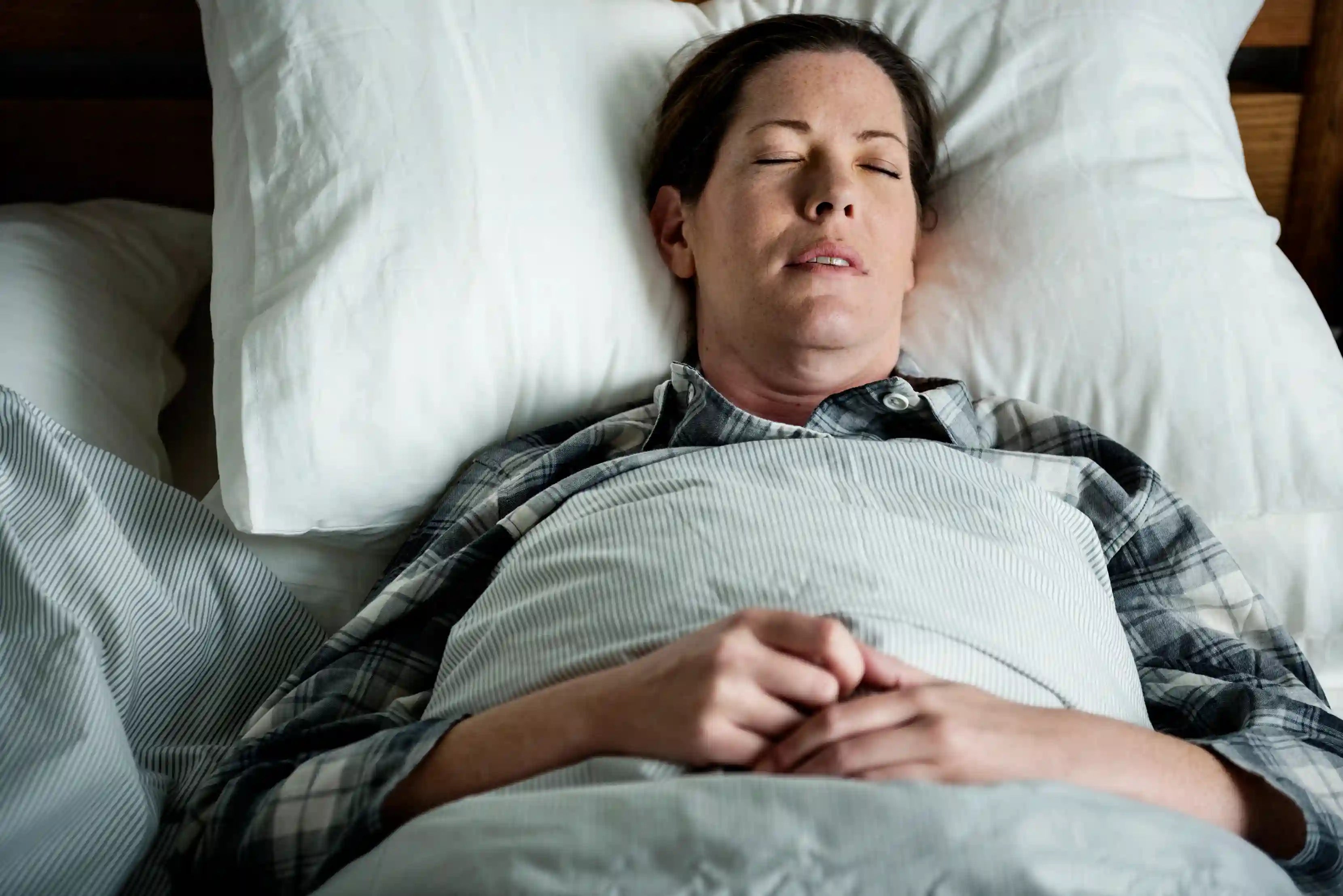Sleep apnea and obesity: how overweight affects sleep quality
Written by: Laura Arantegui / Date: 09-04-25 / Reading 3 Minutes
Sleep apnea is a disorder that affects the ability to breathe properly during sleep, which can have serious consequences for overall health. This problem is relatively common and is aggravated by obesity, a condition that significantly increases the risk of obstructive sleep apnea. In this article we will explore the connection between the two problems, as well as treatment options and strategies to improve sleep quality.

Table of Contents
- 1. What is obstructive sleep apnea (OSA) and its main symptoms?
- 2. The connection between obesity and sleep apnea.
- 3. How can weight loss help reduce sleep apnea?
- 4. Prevention and strategies to combat sleep apnea
What is obstructive sleep apnea (OSA) and its main symptoms?
Obstructive sleep apnea is one of the most common types of apnea, characterized by repetitive pauses in breathing during sleep. These interruptions can last from a few seconds to several minutes and are often accompanied by loud snoring or gasping.
Sleep apnea can trigger daytime symptoms and nighttime symptoms:
- Daytime symptoms: excessive daytime sleepiness, chronic fatigue, headache, irritability, apathy, etc.
- Nocturnal symptoms: snoring, gastroesophageal reflux, frequent awakening, nightmares, insomnia, etc.
The connection between obesity and sleep apnea
Obesity is one of the main risk factors for sleep apnea. Excess weight contributes to airway obstruction, aggravating the symptoms of this disorder.
Why can obesity cause sleep apnea?
Excess body fat, especially in the neck and upper torso area, can put pressure on the airways, making it difficult for them to open during sleep. This leads to airway collapses that cause breathing pauses.

How can weight loss help reduce sleep apnea?
Reducing body weight decreases the amount of fat in the neck and abdomen, relieving pressure on the airways. Studies have shown that even a loss of 5-10% of total weight can significantly improve symptoms.
What are the most effective treatments for obstructive sleep apnea due to obesity?
The combination of a medical approach (CPAP) and habit modification (diet and exercise) is the most effective strategy. In severe cases, bariatric surgery may also be a viable solution.

Prevention and strategies to combat sleep apnea
- Decrease caloric intake by maintaining a nutritious and balanced diet.
- Prioritize foods rich in fiber and low in saturated fats (fruits, vegetables, whole grains, legumes, etc.).
- Prioritize lean protein intake.
- Incorporate foods rich in antioxidants (red fruits, nuts, green leafy vegetables, etc.) as they can help reduce oxidative stress, improving overall health and sleep quality.
- Stay hydrated by avoiding sugary drinks and alcohol.
- Control portions.
The connection between obesity and sleep apnea is clear, but both conditions can be significantly improved with the right treatments and lifestyle changes. If you suspect you may have sleep apnea, seek medical help to receive an early diagnosis and begin effective treatment. Your quality of life and overall health are at stake.
Meet our complements
See other related articles:









